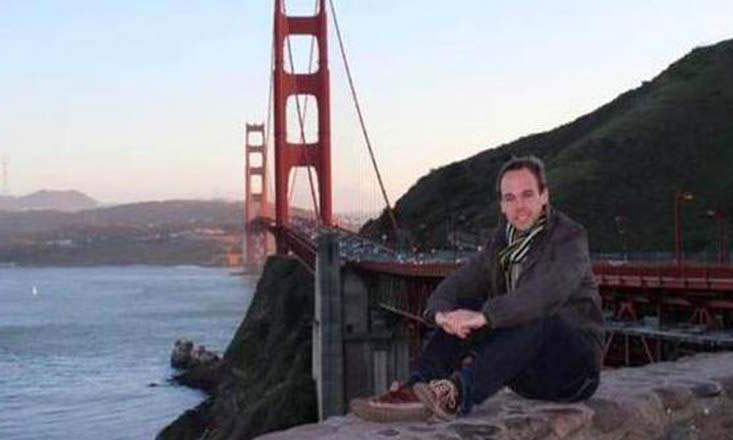
Pilots, Mental Health Groups Respond to Germanwings Tragedy
Associations representing airline pilots and the mental health industry reacted to the fatal Germanwings crash over the weekend. Pilots’ groups tried to reassure the public, while mental health organizations called for increased awareness.
The picture being painted of 27-year-old Andreas Lubitz, the copilot allegedly responsible for the fatal Germanwings Flight 4U 9525 crash in the French Alps last week—though far from complete—is one of a quiet yet troubled individual who hid treatment he received for a mental illness as he worked toward realizing his childhood dream of becoming a pilot.
On Monday, The New York Times reported that Lubitz had been treated “over a long period of time” by psychotherapists for suicidal tendencies prior to receiving his pilot’s license. Those tendencies, French prosecutors told the Times, apparently subsided, and Lubitz’s medical records showed no signs of any kind of illness.
Without having a detailed case history or hearing from a psychologist who examined him, we can’t make any assumptions about what happened or what was going on with this individual.
As the investigation into the tragedy continues, pilot groups and mental health associations started responding to the incident and possible motives.
Pilots
In an interview with Time, James Phillips, international affairs director at the German Pilots Association, asked the media and public to not rush to judge or make assumptions about Lubitz.
Ilya Schulz, president of the association, reaffirmed his confidence in the pilot selection process. “We must now but pay no general suspicion against all crew members,” he said in a statement. “My confidence in the pilots and the careful selection, training, and qualification remains even after [this tragedy] continues unabated and is the basis for safe flight.”
To reassure North American travelers, the Air Line Pilots Association, International, explained the region’s stringent cockpit and pilot selection policies.
“All airlines in the United States follow similar procedures when opening the cockpit door… [A]t least two crewmembers are required to be present in the cockpit at all times,” the group said in a statement. As for pilot screenings, “airline pilots in the United States and Canada are subject to rigorous screening and evaluation prior to being hired, including an assessment of the pilot’s mental and emotional state. Once hired, pilots are evaluated continuously throughout their careers… In addition, all flight and cabin crewmembers monitor and evaluate each other while on duty, and procedures, processes, and programs exist to respond should a concern arise.”
Mental Health
Details about Lubitz’s history of mental illness shifted some of the focus over the weekend onto the mental health community.
Through statements and media interviews, the American Psychological Association (APA) and Mental Health America (MHA) argued that Lubitz’s mental condition shouldn’t be used as an excuse for why he allegedly put the plane on a fatal course. According to MentalHealth.gov, only 3 to 5 percent of “violent acts” are committed by those living with a serious mental illness.
“Even if we had more information, without having a detailed case history or hearing from a psychologist who examined him, we can’t make any assumptions about what happened or what was going on with this individual,” Dr. David Ballard, director of the APA’s Center for Organizational Excellence and Psychologically Healthy Workplace Program, told Mashable.
Paul Gionofriddo, president and CEO of MHA, said the tragedy highlights the work that needs to be done to remove the stigma that comes with a mental illness diagnosis. “So many people are … fearful of retribution or being labeled unstable,” he said in a statement. “Now they may be even less willing to come forward because of Mr. Lubitz’s actions and the response to them… It is past time that we begin to act before crises occur, to prevent them and the horrible sadness, dismay, and distress they invariably leave in their wake.”
Germanwings Flight 4U 9525 copilot Andreas Lubitz, who is allegedly responsible for the deadly crash. (Handout photo)






Comments